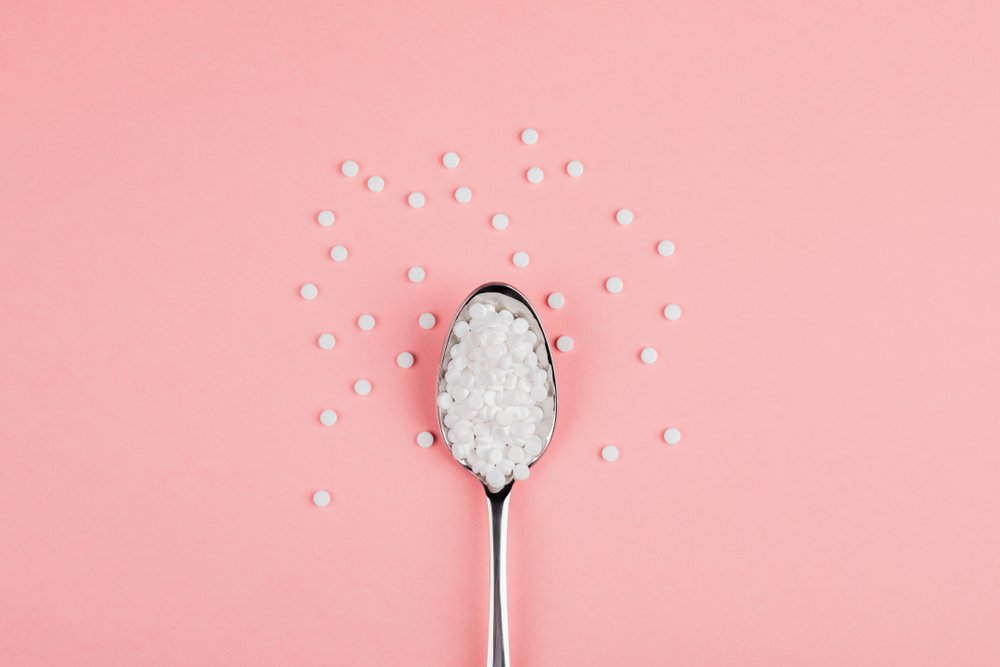Scientists at the Weizmann Institute of Science and Johns Hopkins University have found that artificial sweeteners make it difficult for cells to absorb sugar and alter the gut microbiome.
Researchers gave 120 people one of four sweeteners or a placebo up to three times a week for 14 days at doses below the recommended limits. To monitor how the sweeteners affected blood sugar levels, participants wore glucose meters throughout the trial. Glucose tolerance tests were also conducted. For further study, stool samples were also taken from participants and implanted in mice that did not have a gut microbiome.
The results showed problems with sugar absorption in two groups of sweeteners, while all four caused changes in the gut microbiome.
Those who received aspartame and stevia, often found in diet sodas and juices, had an altered gut microbiome. But those who received saccharin and sucralose, a common sugar substitute in baked goods, were also less able to absorb sugar.
Previous studies have also linked sweeteners to a higher risk of developing type 2 diabetes, heart disease, and obesity. Among the confirmed bonuses of sweeteners is that they can help with short-term weight loss.
Original source link:
The articles on this site are for information purposes only. The site administrators are not responsible for attempting to apply any recipe, advice or diet, nor do they guarantee that the information provided will help or harm you personally. Be cautious and always consult a doctor or nutritionist!
*All products recommended by thefirstdoc.com are selected by our editorial team. Some of our articles include affiliate links. If you buy something through one of these links, you help us earn a small commission from the seller and thus support the writing of useful and quality articles.





